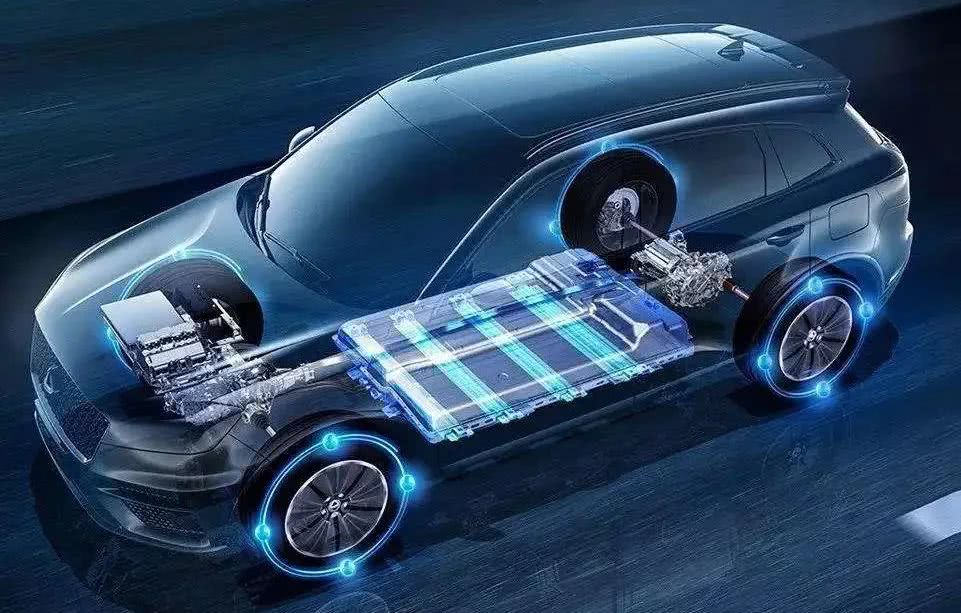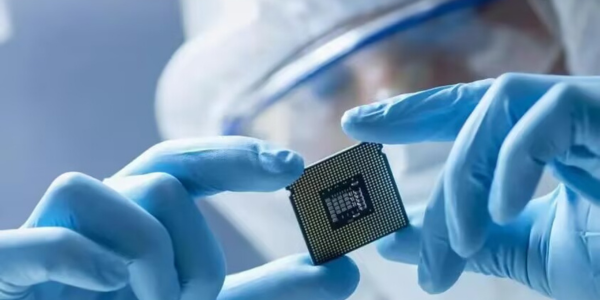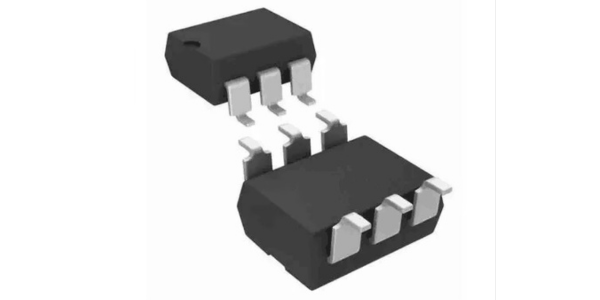Intel: authorized by the U.S. Department of Commerce for one year to continue to operate Dalian NAND flash memory chip business
Views : 12
Update time : 2022-10-13 14:05:12
On October 13, Intel, an American chip giant, said that on October 11, the company obtained a one-year authorization from the U.S. Department of Commerce to continue operating its NAND flash memory chip business in Dalian, China.
On October 12, SK Hynix, a Korean memory chip manufacturer, issued a statement that the company had completed negotiations with the U.S. Department of Commerce to ensure that it would supply semiconductor production equipment for Chinese factories without obtaining individual licenses in the next year.
SK Hynix anticipates that it will be able to guarantee the supply of production equipment for Chinese factories in the next year without obtaining individual permission from the US side, so as to maintain its production and operation in China.
NAND is a non-volatile memory, which is widely used in computers and smartphones. Public information shows that SK Hynix of South Korea announced the acquisition of Intel NAND flash memory and storage business in 2020, including Intel's Dalian factory. However, Dalian NAND flash memory chip business has not yet been fully delivered. In the overall business of Intel, NAND occupies a small proportion.
The US Department of Commerce announced on October 7 that it will restrict the export of production equipment used to produce DRAM below 18 nm, NAND flash memory above 128 layers and logic chips below 14 nm in China.
According to CCTV news, on October 8, Foreign Ministry Spokesperson Mao Ning hosted a regular press conference. A reporter asked that the US Department of Commerce recently announced the implementation of new export controls on chips. What is China's comment on this? Mao Ning said that the United States, out of the need to safeguard the hegemony of science and technology, abused export control measures and carried out malicious blockade and suppression against Chinese enterprises. This practice deviated from the principle of fair competition and violated international economic and trade rules, not only harming the legitimate rights and interests of Chinese enterprises, but also affecting the rights and interests of American enterprises. She pointed out that this practice hinders international scientific and technological exchanges and economic and trade cooperation, and will have an impact on the stability of the global industrial chain supply chain and the recovery of the world economy. The politicization, instrumentalization and weaponization of science, technology and economic and trade issues by the United States cannot stop China's development. It will only block itself and bite itself back.
In response to a reporter's question, the Ministry of Commerce of China said that the United States had added 31 Chinese entities to the "unverified list" and further upgraded export control measures in semiconductor and other fields. This is a typical scientific and technological bullying practice. It not only violates the spirit of cooperation between the two sides and disregards the fact of cooperation between the two sides, but also seriously hinders normal economic and trade exchanges between Chinese and American enterprises, seriously undermines market rules and international economic and trade order, and seriously threatens the stability of the global industrial chain supply chain. China firmly opposes this.
The Ministry of Commerce of China pointed out that the US approach not only affects the legitimate rights and interests of Chinese enterprises, but also harms the legitimate commercial interests of US export enterprises. The US side should immediately stop wrong practices and give fair treatment to enterprises from all countries, including Chinese enterprises. China calls on all parties to strengthen cooperation and jointly build a safe, stable, efficient, open, inclusive and mutually beneficial global industrial chain supply chain system.
 How many chips does a car need?
How many chips does a car need?
 Position and Function of Main Automotive Sensors
Position and Function of Main Automotive Sensors
 Chip: The increasingly intelligent electronic brain
Chip: The increasingly intelligent electronic brain
 LDA100 Optocoupler: Outstanding Performance, Wide Applications
LDA100 Optocoupler: Outstanding Performance, Wide Applications